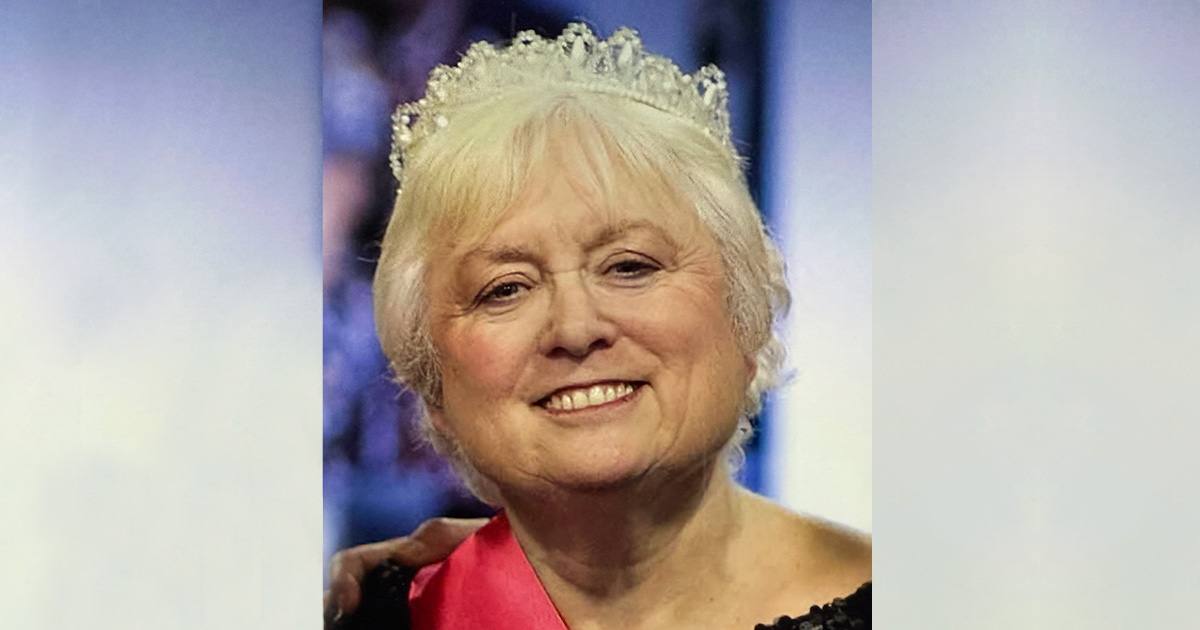NHS Diabetes
NHS Diabetes is calling for more investment in specialist diabetes care to reduce the estimated £600 million excess spend on treating diabetes in hospitals identified in a new report.
The research, titled Inpatient Care for People with Diabetes – The Economic Case for Change, found that the NHS in England spends more than £2.3 billion a year on inpatient care for people with diabetes – 11% of NHS inpatient care expenditure.
About £600 million of this outlay is estimated to be excess expenditure on diabetes – that is, over and above the sum spent on a population of the same age and gender without the condition. Inpatient care for someone with diabetes costs the NHS 35% more a year than care for someone of the same age without diabetes.
In spite of these high levels of expenditure, the report presents evidence that diabetes inpatient care is poor in many areas.
The findings have led NHS Diabetes Director Anna Morton to call for more investment in specialist diabetes teams. She said: “If people with diabetes are admitted to hospital, care from diabetes specialist nurses reduces problems and shortens lengths of stay. Unnecessary hospital admissions and lengths of stay do not only increase costs, more importantly they cause great distress for patients.”
The cost savings and improvements to care are based on local examples. Derriford Hospital, in Plymouth, made estimated annual net savings of £207 000 following the introduction of a specialist nurse team.
For more information visit: www.diabetes.nhs.uk/networks/inpatient_network.
NICE
NICE has opened a public consultation on potential new indicators for the 2013/14 Quality and Outcomes Framework (QOF). Comments are welcomed via the NICE website (www.nice.org.uk) and stakeholders are asked to consider issues including any unintended consequences of introducing individual indicators, or what factors might hinder implementation.
Two proposed indicators on diabetes are included. Men with diabetes would be asked about erectile dysfunction and for those with a record of the problem, assessment and advice would be offered. There is also a set of measures defining successful lipid management in type 2 diabetes.
The QOF advisory committee will consider results of the feedback in June 2012 before recommending which of these proposed indicators should be included in the 2013/14 QOF.
Diabetes UK
Diabetes UK is using the 90th anniversary of the first successful use of insulin in treating diabetes to call for the implementation of 15 healthcare essentials for people with diabetes, including measuring blood pressure and cholesterol, providing structured education and giving emotional and psychological support.
Chief Executive Barbara Young said: “There is still a long way to go in providing all the right care for people with diabetes. We are calling for the NHS to provide all of our 15 healthcare essentials as a minimum standard of care to help people manage their diabetes and reduce the risk of devastating complications.”
In 2012, Diabetes UK also plans to focus on foot care, encouraging people to have regular foot checks, and will also be turning its campaign focus on children and young people with diabetes.
University of Leeds
Professor Andrea Nelson at the University of Leeds is leading a study into accurate identification of pathogens in infected diabetic foot ulcers. The study will compare findings from traditional swabs versus tissue samples taken from 400 patients with diabetes from 20 hospitals throughout England.





Su Down examines the tirzepatide plans and their implications for primary care.
1 May 2025